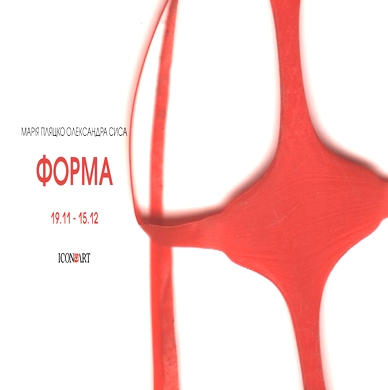The processes that take place and are reflected in the urban environment are now an essential space for the formation of collective consciousness and interaction, as well as for the historical acceptance and development of society. Architecture, urban planning, and urban culture that we come across most often carry historical and cultural information about processes in society for the longest time, unlike more fluid media. The architecture of different periods and urban culture can tell us a lot about our lives and our perceptions of historical processes. In the wake of decommunization and spatial renewal in Ukraine, the fight against the ghosts of the past can often reach absurd proportions, as well as turn into blind destruction of entire cultural and historical layers.
Space is floating and changeable. We consume and experience its form daily, we rebuild, destroy, change, remodel it for ourselves. We create a canvas of space with its objects and its rolling formation, but we are also its elements. This system is not accidental. The set of connections in space determines the pattern in which we exist and comprehend the scheme of «life of space»: from shaping to destruction.
«Form» – the initial stage, instruction. Utilitarian and unified method of ordering space (private and public) that does not contain rating categories.
Marie Plyatsko, Oleksandra Sysa "Form"
/ 19.11.2019—15.12.2019 /
